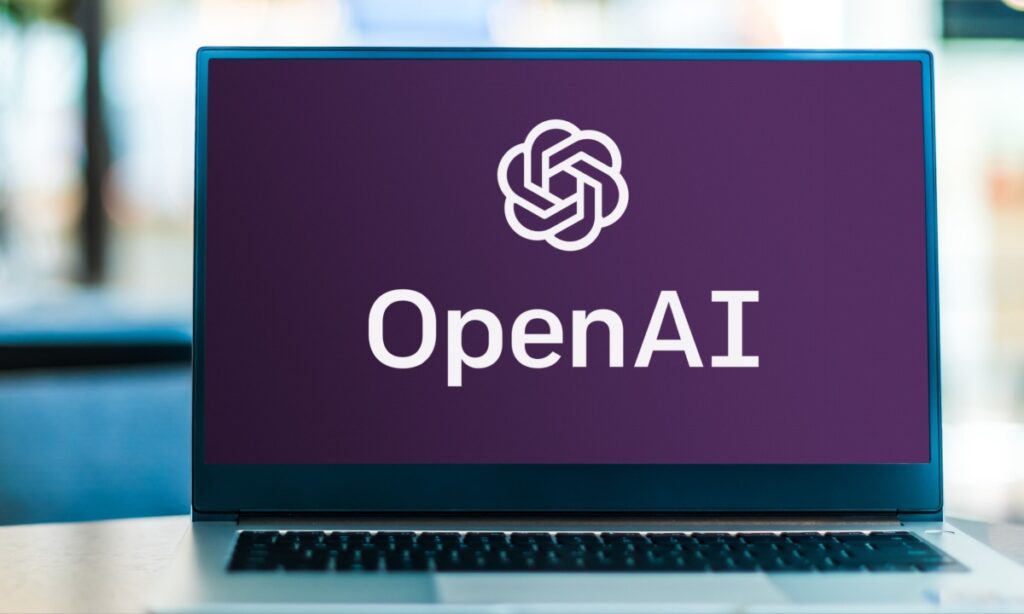OpenAI was reportedly hacked last year, raising security concerns about the artificial intelligence company.
The New York Times, citing two sources familiar with the incident, reported on Thursday (July 4) that hackers accessed the company's internal messaging system and stole details about its artificial intelligence (AI) technology.
The sources said the hackers saw employees discussing OpenAI's latest technology in online forums but did not penetrate the systems where the company stores or builds its AI. OpenAI has not yet responded to a PYMNTS request for comment.
OpenAI executives reportedly disclosed the incident during an internal meeting last spring but declined to make the hack public because no information about partners or consumers was stolen.
Company executives didn't call police because they didn't believe the hackers had ties to a foreign government, but some employees worried the hack could allow foreign adversaries, such as China, to steal OpenAI's technology, according to sources.
After the leak, OpenAI's technical program manager, Leopold Aschenbrenner, wrote a letter to the company's board of directors saying that OpenAI had not done enough to prevent the theft of sensitive information by foreign adversaries.
Aschenbrenner now says Open AI fired him this spring for leaking other information outside the company, and he claims his firing was politically motivated, according to the report.
“We appreciate the concerns that Leopold raised during his time at OpenAI, and they are not leading to his departure,” OpenAI spokeswoman Liz Bourgeois told The New York Times.
The news comes 10 days after it was reported that OpenAI was taking additional steps to prevent Chinese access to its AI software.
Bloomberg reported that the company sent a memo to Chinese developers about its plans to block access to its tools and software starting this month, after which Chinese companies began telling developers to switch to its own products.
“We are taking additional steps to block API traffic from regions that do not support access to OpenAI's services,” an OpenAI spokesperson said in a statement.
The news comes during what PYMNTS has dubbed the “Year of Cyberattack,” as businesses across the country dealt with serious breaches.
“The increased focus on cybersecurity coincides with a broader discussion around data security in the connected economy, particularly in the connected workplace and smart home, as the increased use of connected devices has led to vast amounts of personal data being collected and highlighted new vulnerabilities,” PYMNTS wrote earlier this week.


